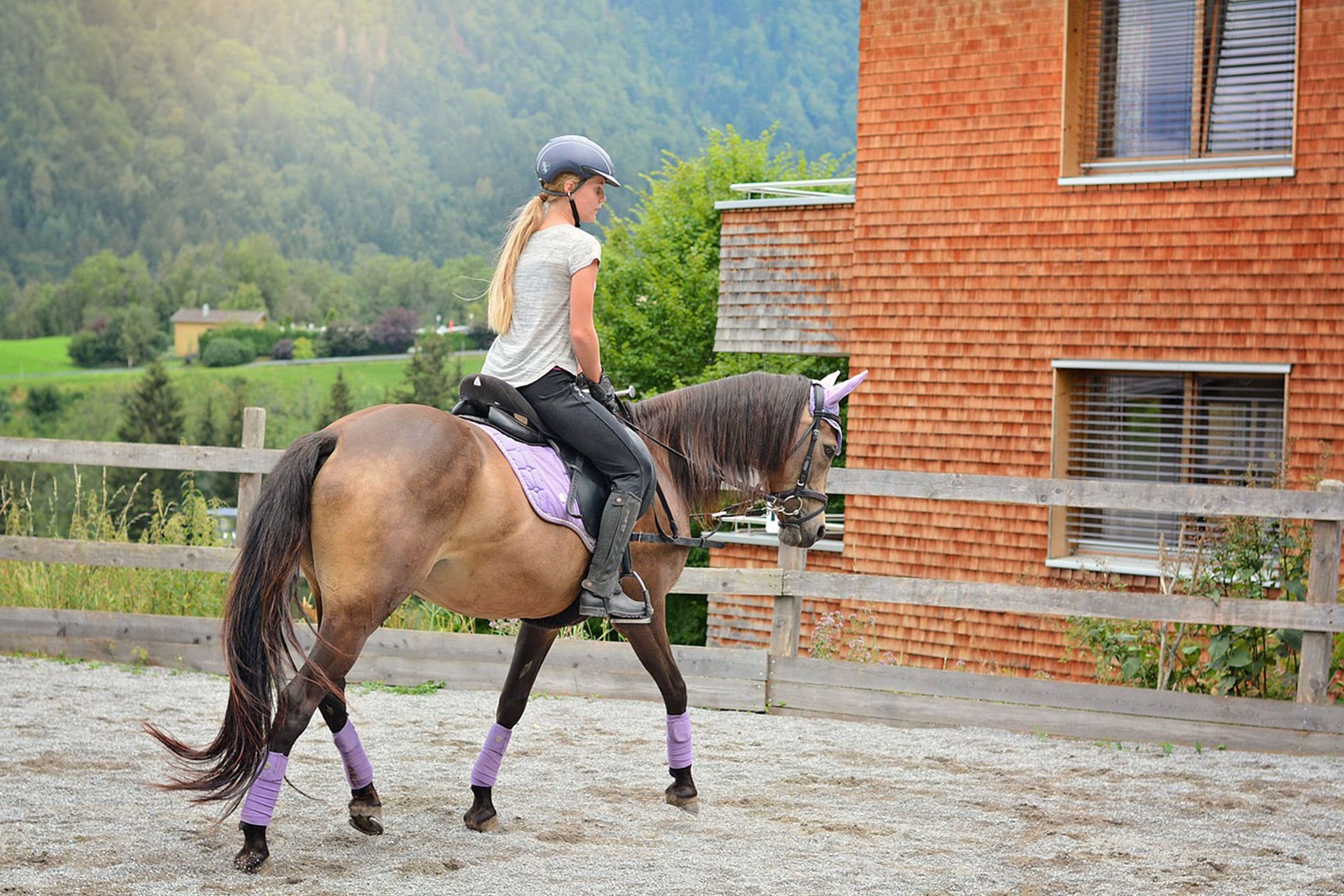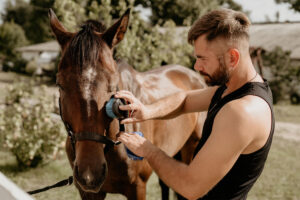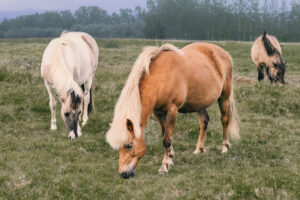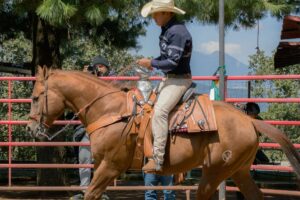
Confirmation bias is a common cognitive bias that can affect equestrians and their decision-making process. Recognizing and addressing confirmation bias is essential for riders to make informed choices and avoid potential pitfalls. In this article, we will explore some practical tips and strategies to help equestrians overcome confirmation bias and make more objective and well-rounded decisions in their equine pursuits.
Recognize the Existence of Confirmation Bias: The first step in overcoming confirmation bias is acknowledging its presence. Understand that as humans, we are naturally inclined to seek information that confirms our existing beliefs and opinions. By recognizing this bias, you can actively work to counteract it and make more objective assessments.
Embrace Open-Mindedness: Open-mindedness is a key antidote to confirmation bias. Be willing to consider alternative viewpoints and perspectives. Encourage yourself to explore diverse sources of information, including those that challenge your existing beliefs. Engage in healthy discussions and seek out opinions that may differ from your own. This approach will help you gain a broader understanding of equestrian topics.
Seek Balanced Information: When researching or seeking advice on equestrian matters, strive for balance. Avoid cherry-picking information that supports your preconceived notions. Instead, aim to gather a wide range of perspectives and opinions. Consult reputable sources, such as experienced trainers, veterinarians, and equine professionals, to obtain a comprehensive view of the subject matter.
Consider the Source: Evaluate the credibility and expertise of the sources you rely on. Look for professionals with a track record of success and experience in the equestrian field. Remember that not all sources are equally reliable or unbiased. Being discerning about the information you consume can help you make more well-informed decisions.
Reflect on Personal Biases: Take time to reflect on your own biases and assumptions.
Consider how they may influence your decision-making process. Be honest with yourself and strive to identify any personal biases that might be clouding your judgment. By cultivating self-awareness, you can actively work to mitigate the impact of these biases.
Seek Constructive Feedback: Actively seek constructive feedback from trusted individuals, such as trainers, fellow riders, or mentors. Encourage them to provide honest assessments of your skills and decisions. Constructive criticism can provide valuable insights and help you overcome confirmation bias by challenging your assumptions and highlighting areas for improvement.
Maintain a Growth Mindset: Adopting a growth mindset is crucial in overcoming confirmation bias. Embrace the idea that learning is a lifelong journey and that there is always room for improvement. By maintaining an attitude of continuous learning, you will be more open to considering new information and adapting your perspectives when necessary.
Conclusion: Confirmation bias can hinder an equestrian’s ability to make well-informed decisions. By recognizing its presence and implementing the strategies discussed in this article, riders can overcome this bias and approach their equestrian pursuits with greater objectivity and clarity. Remember to stay open-minded, seek balanced information, reflect on personal biases, and embrace a growth mindset. By doing so, you will enhance your equestrian journey and make more thoughtful choices along the way.






